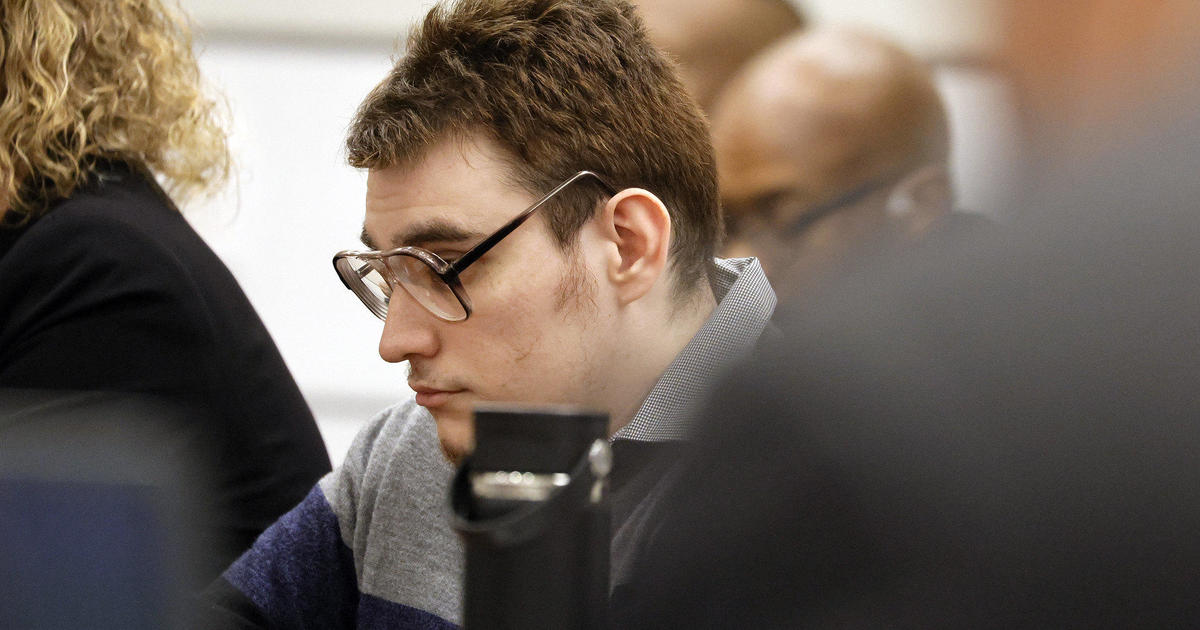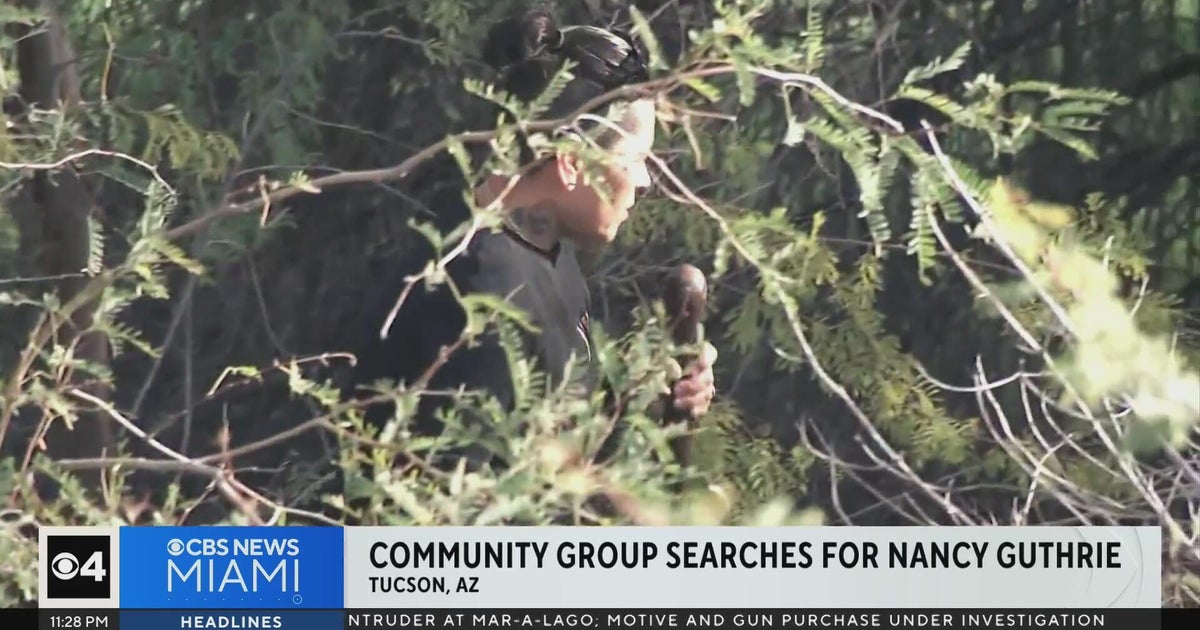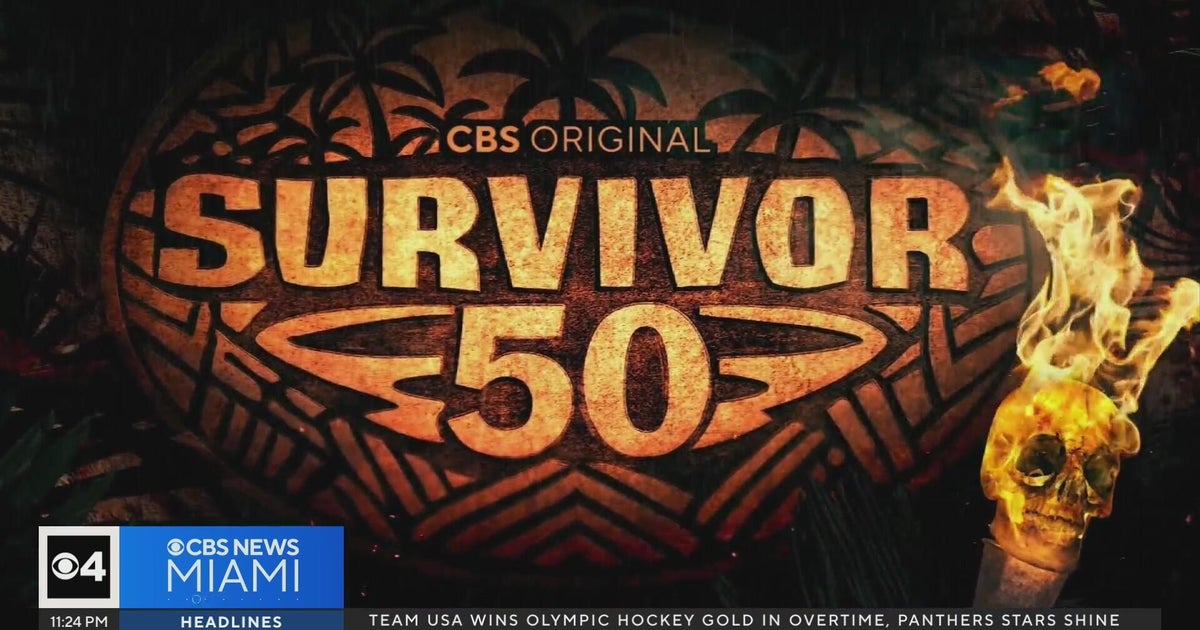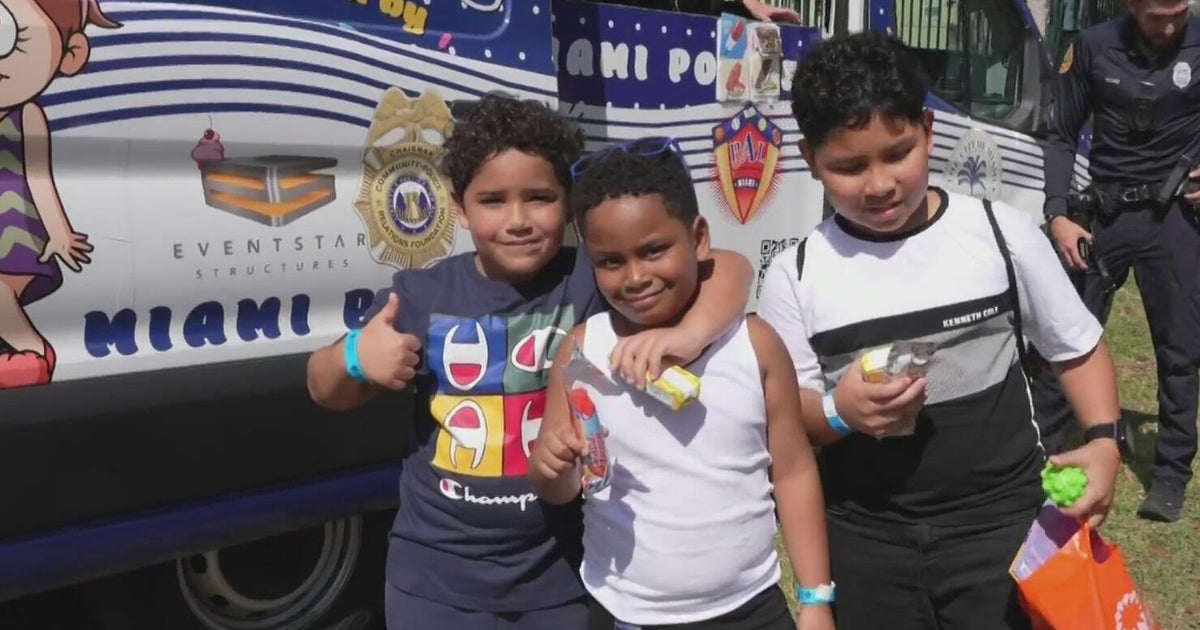FORT LAUDERDALE – During Wednesday’s proceedings at the sentencing trial for Parkland school shooter Nikolas Cruz, it was announced that the jury would tour the building at Marjory Stoneman Douglas High School building where the massacre took place.
The jury will be taken to the campus by bus and allowed to see the classrooms where the shootings took place in 2018. They will not be allowed to touch anything or ask any questions. They will then be taken back to the courthouse.
Cruz will not be in attendance.
Wednesday was the third day of victim impact testimony in the sentencing trial.
Cruzhas already pleaded guilty to 17 counts of murder and 17 counts of attempted murder. The current phase of the trial is to determine his sentence: Prosecutors are seeking the death penalty, while Cruz’s defense attorneys are asking the jury for a sentence of life in prison without the possibility of parole.
To recommend a death sentence, jurors must be unanimous. If they do so, the judge could choose to follow the recommendation or sentence him to life instead.
Much of the testimony — particularly from the parents of the 14 students killed — focused on all the things the victims and their families will never get to do and the irreparable damage to their everyday lives.
“Our family is broken. There is this constant emptiness,” said Max Schachter, the father of 14-year-old Alex, who loved chocolate chip cookies, playing the trombone and video games.
“I feel I can’t truly be happy if I smile,” Schachter said. “I know that behind that smile is the sharp realization that part of me will always be sad and miserable because Alex isn’t here.”
Isabel Dalu, a close friend of the family of Cara Loughran, told the court about all the things the 14-year-old was looking forward to when she was gunned down: Her birthday was a week later, and she’d be old enough to get her learner’s permit. She’d recently started Irish dancing again, and she was excited to dance in the St. Patrick’s Day parade. The family had a trip to Ireland for that summer to visit family.
“She dreamed of her first date, her first kiss and falling in love,” Dalu said. “Cara dreamed of going to homecoming and prom, she dreamed of graduating at the top of her class with all of her loved ones watching.”
“But Cara didn’t make it to any of these milestones,” she added.
Fred Guttenberg, the father of 14-year-old victim Jaime, said Tuesday that her older brother, who was also a student at Marjory Stoneman Douglas at the time of the shooting, “Wishes it was him.”
“He struggles,” Guttenberg said, “with the reality that he could not save his sister, and he wishes it was him.”
Melissa Feis, the widow of Aaron Feis, an assistant football coach who died after throwing himself in front of students to protect them from the gunfire, wrote in a statement read in court by a friend Tuesday that he “was the doting father who every little girl wishes and dreams about.”
“I can see his light in Ariel and recognize his spirit woven into her fabric,” the statement said, referring to their daughter, as Melissa Feis sat still in court with her eyes closed.
Raising their daughter as a widow “can be overwhelming and challenging,” she wrote, and it’s painful knowing there are milestones in their daughter’s life that Feis has missed.
“Aaron isn’t here to give his fatherly guidance and advice,” she said. “It’s heartbreaking and unimaginable at times. And yet, it’s my reality.”
To make their decision, jurors will hear prosecutors and defense attorneys argue aggravating factors and mitigating circumstances — reasons Cruz should or should not be executed. Victim impact statements add another layer, giving the families and friends of the victims their own day in court, though the judge told the jury the statements are not meant to be weighed as aggravating factors.




